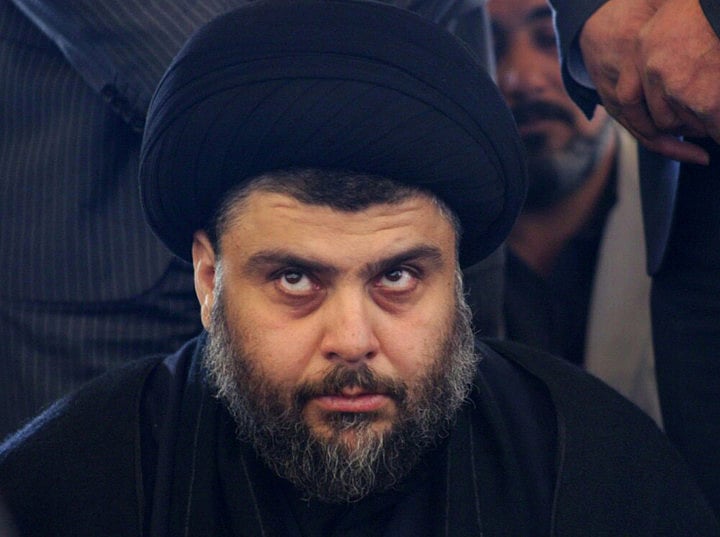‘Isis [Daesh, or the self-proclaimed Islamic State of Iraq and the Levant] is an idea, not the first of its kind and not the last of its kind,” said a powerful security official when I visited Iraq last month. Indeed, as the international community boasted of Daesh’s demise, the terrorists struck a Shiite district in Baghdad on Wednesday, killing at least 63 people and wounding 80 in a series of devastating market bombings. Officials say that Daesh has lost almost half its territory in Iraq and more than 20 per cent in Syria. It is true that Daesh leaders are being eliminated and its infrastructure devastated.
But while Daesh may be losing the territories it governs, the latest attack (and others over the past months) is a reminder that it is still able to commit atrocities across Iraq and continue to operate as it has done for more than a decade. In other words, a world without Daesh is unlikely to come any time soon. Daesh thrives off the lack of institutions in weak or failed states. Remedying this requires good governance, institution-building and the reconciliation of divided communities. But rehabilitating Iraq’s cities and people will prove to be far more costly and challenging than defeating Daesh itself.
Sectarian tensions, dysfunctional governance and regional polarisation have worsened since Daesh came on the scene, factors that precipitated the group’s rise in the first place. The timing of Wednesday’s attack in the Sadr City district was more than just a coincidence. It came a week after popular demonstrations were mobilised by firebrand cleric Moqtada Al Sadr, whose supporters stormed the parliament in protest at the lack of reform in the country, corruption and sectarian politics.
This highly symbolic attack by Daesh aims to nullify that push for reform while provoking reprisals from a Shiite population who have exercised great restraint during the course of the war on Daesh — despite repeated sectarian atrocities.
The Shiite community has plenty of its own men with guns and resources and is susceptible to the same trap it fell into in 2006, when Al Qaida in Iraq struck a sacred Shiite shrine and ignited a sectarian civil war that took the country to the brink. The proliferation of Shiite militia groups since 2003, during the course of the war on Daesh in particular (with acquiescence from the United States), has worsened Iraq’s problems. They are heavily armed, challenge the state and have committed sectarian atrocities against Iraq’s Sunnis. They create the space that allows Daesh to flourish and Iraq cannot survive if power reverts to the patrimonial networks based on sect and tribe that allow unaccountable Shiite militias to operate.
Iraq can again be stabilised, as happened between 2008 and 2011. It required more than 100,000 US and United Kingdom troops, acting as a buffer between warring militants, to provide the Iraqi state with the security and intelligence capabilities that it so desperately needs today. Iraq also has on its side Ayatollah Ali Sistani, the leading Shiite clergyman in the world who acts as a force for moderation. Sistani, however, may have withdrawn from the campaign for reform out of frustration with Iraq’s ruling elites.
As Iraq further descends into sectarian violence and political turmoil, with the continued prominence of Daesh and the rise of sub-state actors, such as Shiite militias, the restoration of the Iraqi state and society will be difficult, if not impossible.
— Guardian News & Media Ltd
Ranj Alaaldin is a doctoral researcher at the London School of Economics and Political Science, where he focuses on Iraq and sectarian conflict in the Middle East.
Sign up for the Daily Briefing
Get the latest news and updates straight to your inbox
Network Links
GN StoreDownload our app
© Al Nisr Publishing LLC 2026. All rights reserved.
